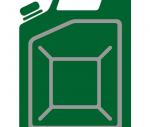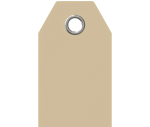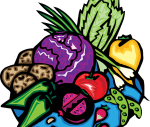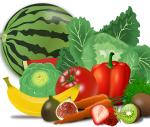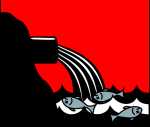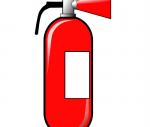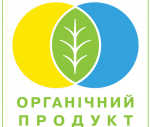Russia: IMPORTANT - Local (Russian) software must be pre-installed on certain goods before they can be sold
As of 1 April 2021, manufacturers, sellers and importers of certain “technically complex” goods (the exact list is to be adopted separately by the Government of Russia) with pre-installed software must ensure that they have been equipped by software that originates from the Russian Federation (or another EAEU country). Further details of this requirement are to be set out by a separate r
